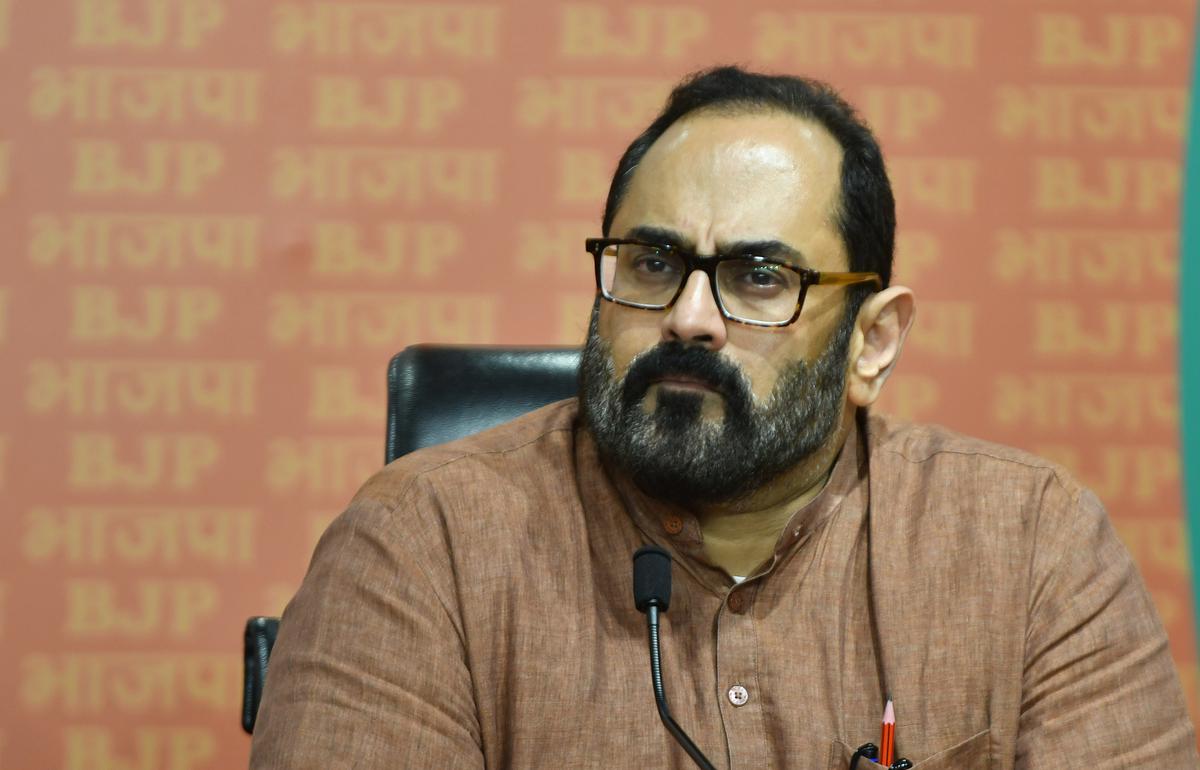
Significant work done, draft Digital India Act framework by early 2023: MoS IT
The Hindu
Rajeev Chandrasekhar asserted that the government intends to have detailed consultation on key legislations
A significant amount of work has been done on proposed Digital India Act, and the draft legislative framework to support 'India's techade' is expected by early 2023, Minister of State for IT Rajeev Chandrasekhar has said.
The comments assume significance as India is moving swiftly towards a strong framework to catalyse its digital ambitions and govern online ecosystem, with openness, user safety and trust as the guiding principles.
At the same time, the government has asserted that extensive consultation will go into framing key legislations which are going to be essential building blocks for 'new India' and its digital architecture.
Also Read | Amended IT rules are meant to make Web safer for all: Rajeev Chandrasekhar
Asked about the status of Digital India Act, which will replace the IT Act, Mr. Chandrasekhar said: "A significant amount of work has been done on it, and we expect that in early 2023, under PM's leadership, a legislative framework for India's techade will be placed in front of the country."
The Minister asserted that the government intends to have detailed consultation on key legislations.
"...all of these legislations for 'new India', have to be modern, extensively consulted with consumers, industry, startups, lawyers, judges, citizens... all of them have to find that their voice has been incorporated into all of these legislations, and that is precisely what we will do," Mr. Chandrasekhar told PTI in an interview.

The Union Budget unveiled on February 1, 2025, has come at a time of unprecedented global uncertainty and a flagging domestic economy. The real GDP growth is estimated at 6.4% for 2024-25 and between 6.3-6.8% for 2025-26, a far cry from >8 percent growth required annually to make India a developed nation by 2047. While much attention has been devoted to the demand stimulus through income tax cuts, not enough is said about the proposed reforms in urban development, tariff rationalisation, and regulatory simplification aimed at making Indian cities and corporates more competitive. Since the majority of economic activity is located in cities (urban areas account for ~55% of GDP) and produced by large corporates (~40% of the national output and 55% of India’s exports), the above-mentioned reforms have a pivotal role in improving India’s trend growth rate. Below we unpack each reform.












